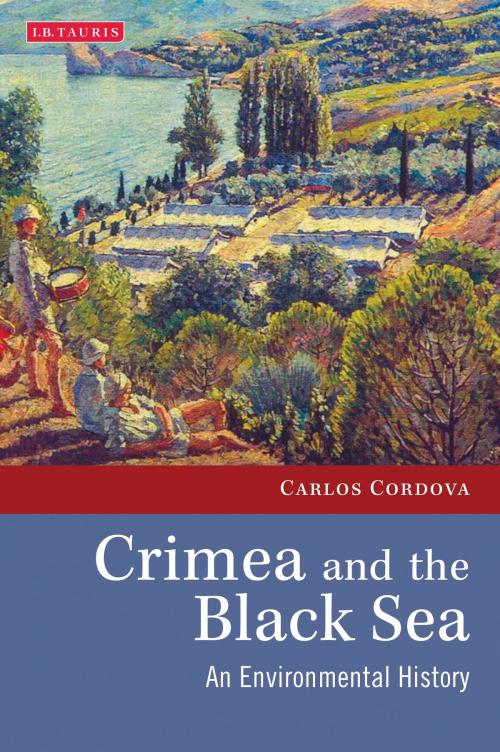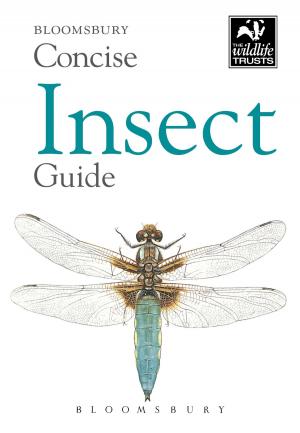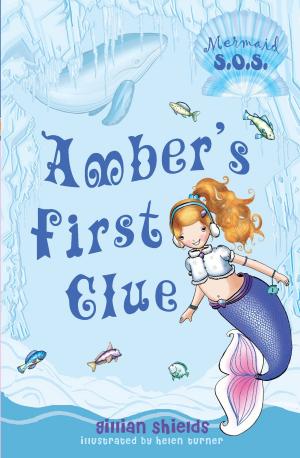Crimea and the Black Sea
An Environmental History
Nonfiction, Science & Nature, Nature, Science, History| Author: | Carlos Cordova | ISBN: | 9780857739032 |
| Publisher: | Bloomsbury Publishing | Publication: | December 1, 2015 |
| Imprint: | I.B. Tauris | Language: | English |
| Author: | Carlos Cordova |
| ISBN: | 9780857739032 |
| Publisher: | Bloomsbury Publishing |
| Publication: | December 1, 2015 |
| Imprint: | I.B. Tauris |
| Language: | English |
Crimea has a rich and varied history. Mentioned in the writings of Strabo, Herodotus and Pliny the Elder, it was colonized by the Huns, the Goths and the Mongols and was part of the Roman, Byzantine and Venetian empires, until it annexed by Russia in the eighteenth century. It suffered in the Crimean War, saw bloody battles in the Second World War and was transferred to the Ukraine by Khrushchev in the 1950s. Most recently it has drawn international attention as it was once more annexed by Russia in its dispute with Ukraine.
The environmental history of Crimea is similarly complex. Formerly known as the Tauric Peninsula, its landscape of plains, piedmont and mountains, is surrounded to the east by the Azov Sea, to the north by the Sivash lagoonal system and to the south and west by the Black Sea. The Black Sea in particular has had a major impact on nearly all aspects of Crimea's natural and cultural history, from the impact of its flooding in prehistoric times to the environmental pollution problems of the modern era. Carlos Cordova explains the making of Crimea's natural environment, from its geology and relief to its climate and soils. He explores the rich flora and fauna of the peninsula, including the biogeographical isolation of Crimea, its endemic and relict species, as well as the struggle to protect species and their habitats. He details the transformation of the landscape brought about by Greek farmers and other Mediterranean groups, as well as the marked changes resulting from Khrushchev's Virgin Lands Campaign, which saw virtually all the steppe trurned into cropland. The development of the south coast – the so-called Russian Riviera – as a tourist destination and the pollution brought about by the development of agriculture and industry are also included.
The strategic importance of Crimea as a site for many Russian naval bases has meant that there has been little access to the region and it is poorly known in the west. With the collapse of the Soviet Union the situation changed. Making full use of the new accessibility, and drawing on almost two decades of research in Crimea, Carlos Cordova's pioneering study represents the first modern work in the English language on the environmental history of this little known but environmentally significant region.
Crimea has a rich and varied history. Mentioned in the writings of Strabo, Herodotus and Pliny the Elder, it was colonized by the Huns, the Goths and the Mongols and was part of the Roman, Byzantine and Venetian empires, until it annexed by Russia in the eighteenth century. It suffered in the Crimean War, saw bloody battles in the Second World War and was transferred to the Ukraine by Khrushchev in the 1950s. Most recently it has drawn international attention as it was once more annexed by Russia in its dispute with Ukraine.
The environmental history of Crimea is similarly complex. Formerly known as the Tauric Peninsula, its landscape of plains, piedmont and mountains, is surrounded to the east by the Azov Sea, to the north by the Sivash lagoonal system and to the south and west by the Black Sea. The Black Sea in particular has had a major impact on nearly all aspects of Crimea's natural and cultural history, from the impact of its flooding in prehistoric times to the environmental pollution problems of the modern era. Carlos Cordova explains the making of Crimea's natural environment, from its geology and relief to its climate and soils. He explores the rich flora and fauna of the peninsula, including the biogeographical isolation of Crimea, its endemic and relict species, as well as the struggle to protect species and their habitats. He details the transformation of the landscape brought about by Greek farmers and other Mediterranean groups, as well as the marked changes resulting from Khrushchev's Virgin Lands Campaign, which saw virtually all the steppe trurned into cropland. The development of the south coast – the so-called Russian Riviera – as a tourist destination and the pollution brought about by the development of agriculture and industry are also included.
The strategic importance of Crimea as a site for many Russian naval bases has meant that there has been little access to the region and it is poorly known in the west. With the collapse of the Soviet Union the situation changed. Making full use of the new accessibility, and drawing on almost two decades of research in Crimea, Carlos Cordova's pioneering study represents the first modern work in the English language on the environmental history of this little known but environmentally significant region.















